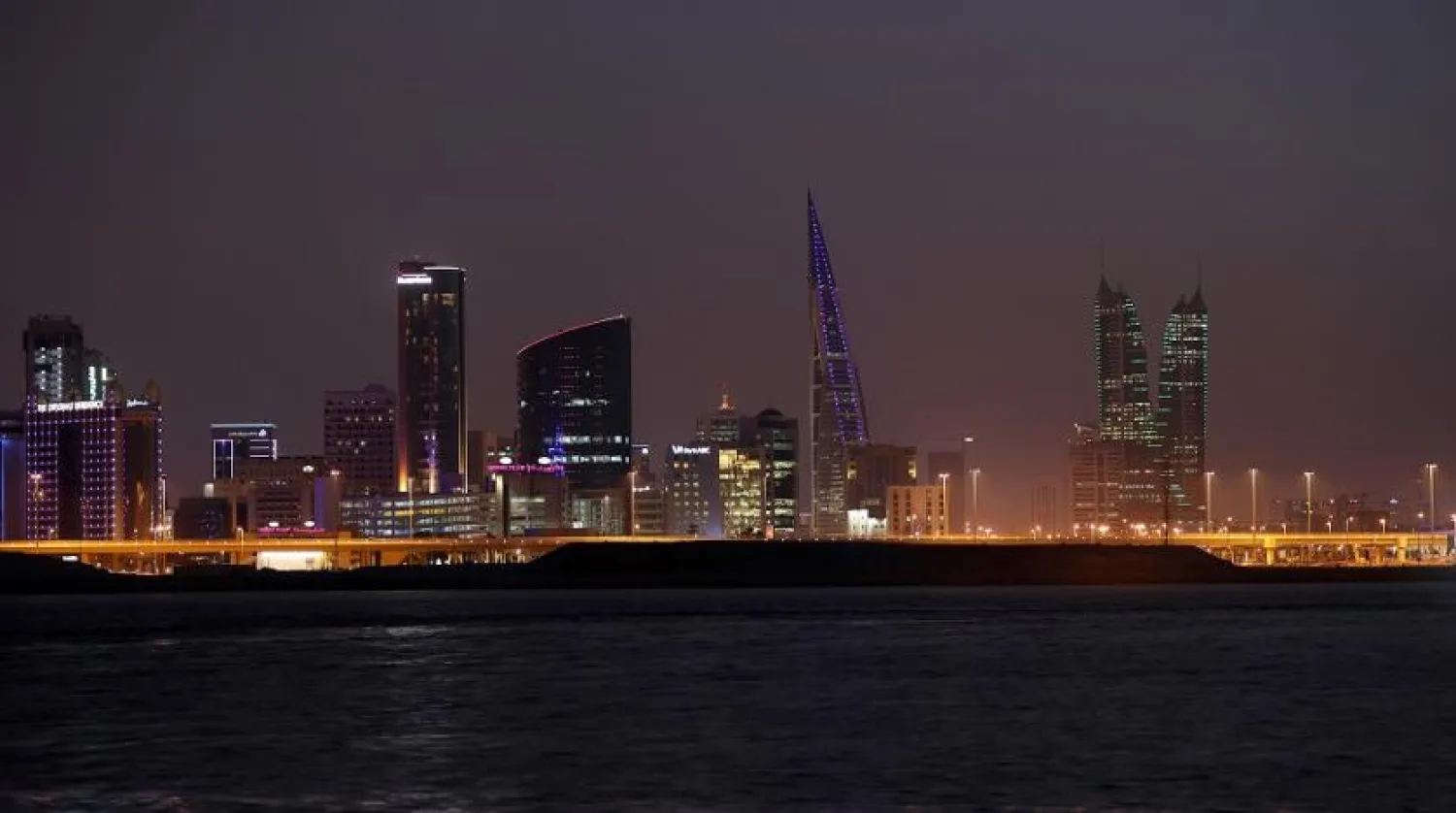Bahrain's High Criminal Court sentenced on Thursday three Future Bank officials to five years in prison each and imposed up to $1 million fines in a series of money-laundering cases committed by the Central Bank of Iran and other banks.
The court sentenced the Central Bank of Iran and the other banks implicated in the wide money-laundering scheme to fines of $1 million each, General Advocate Nayef Youssef Mahmood said.
The total of fines imposed on the Iran Central Bank, other Iranian banks and the three Future Bank officials in seven cases reached $47 million.
The court also ordered the confiscation of the illegally transferred money that reached $13 million, Nayed said, according to the Bahrain News Agency.
The Public Prosecution had previously announced that its investigations had revealed that the Central Bank of Iran planned to launder billions of dollars through the Future Bank that was established in Bahrain and controlled by two Iranian banks, Bank Melli Iran and Bank Saderat Iran, to pass suspicious financial transactions in favor of Iranian entities, mainly the Central Bank of Iran, in violation of laws and regulations.









